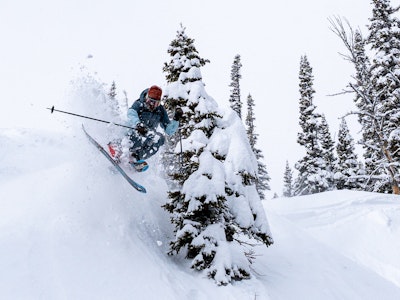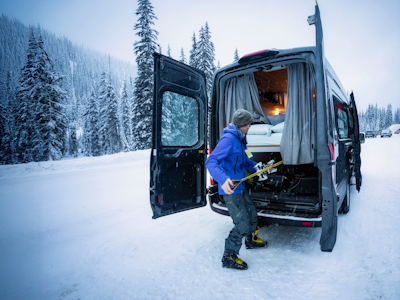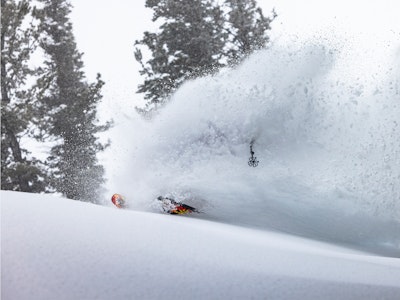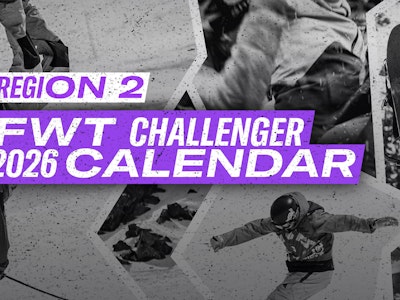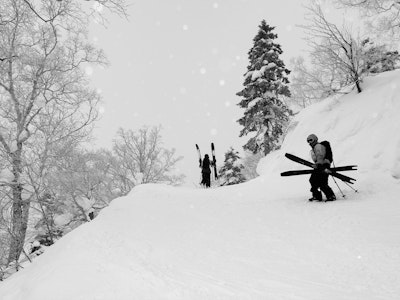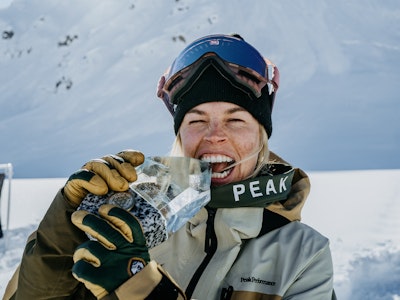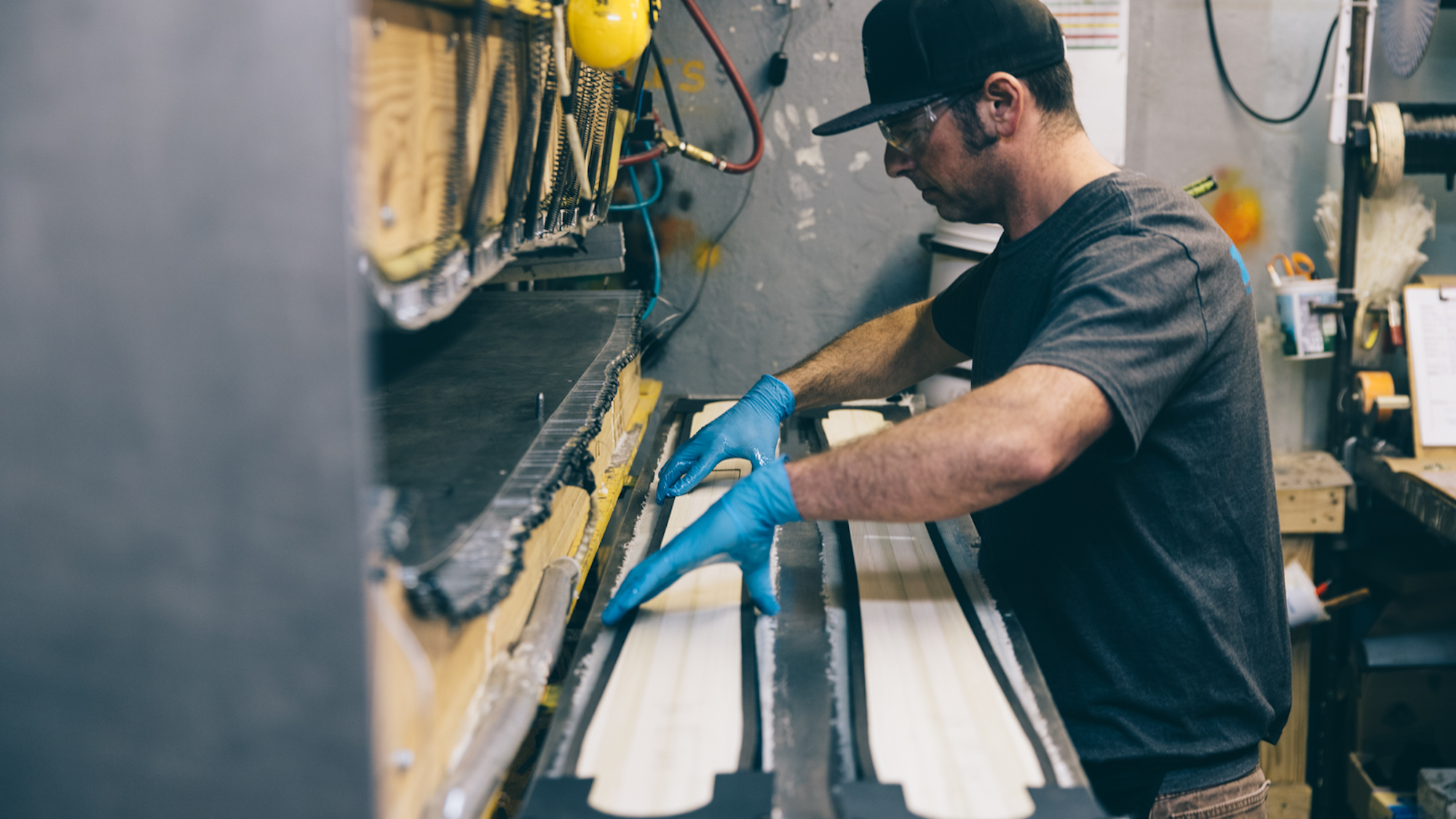Like many industries, COVID-19 hit skiing hard. When Alterra Mountain Company (Ikon Pass), Vail Resorts (Epic Pass) and independent ski areas across the country effectively closed North America’s ecosystem of ski resorts in March, the impact was immediate and widespread. Thousands of patrollers, instructors, guides, lifties and maintenance workers lost jobs overnight. Retail shops shuttered, restaurants closed and hotels emptied. Pulled from its GPS tracking services, Garmin was even able to publish eye-popping data that showed the steep the drop-off of skiers.
Gunnison County, Colorado, home of Crested Butte Mountain Resort, was especially bad by COVID. With one of the highest per capita rates of coronavirus infection in the country, the county opted to ban all visitors who don’t own a home. The ski resort, acquired by Vail in 2019, quickly closed on March 14th. Despite it being the unequivocal “right” thing to do, the decision quickly ground the county and its tourism-based business to a halt. Spring break is usually one of the busiest weeks of the year in Crested Butte, bringing in millions of dollars that subsidize slower seasons—this year the iconic town was nearly desolate.
One of the many local brands impacted by the swift shutdown, Romp Skis, is a custom ski manufacturer. Run by two brothers, Caleb and Morgan Weinberg, Romp is a unicorn in the industry. The two grew up in New Hampshire and learned to love skiing as young kids. Soon after high school they both moved to Crested Butte and worked in construction for over a decade, spending almost all their free time on the mountain. Years later, their passion for skiing is still strong.
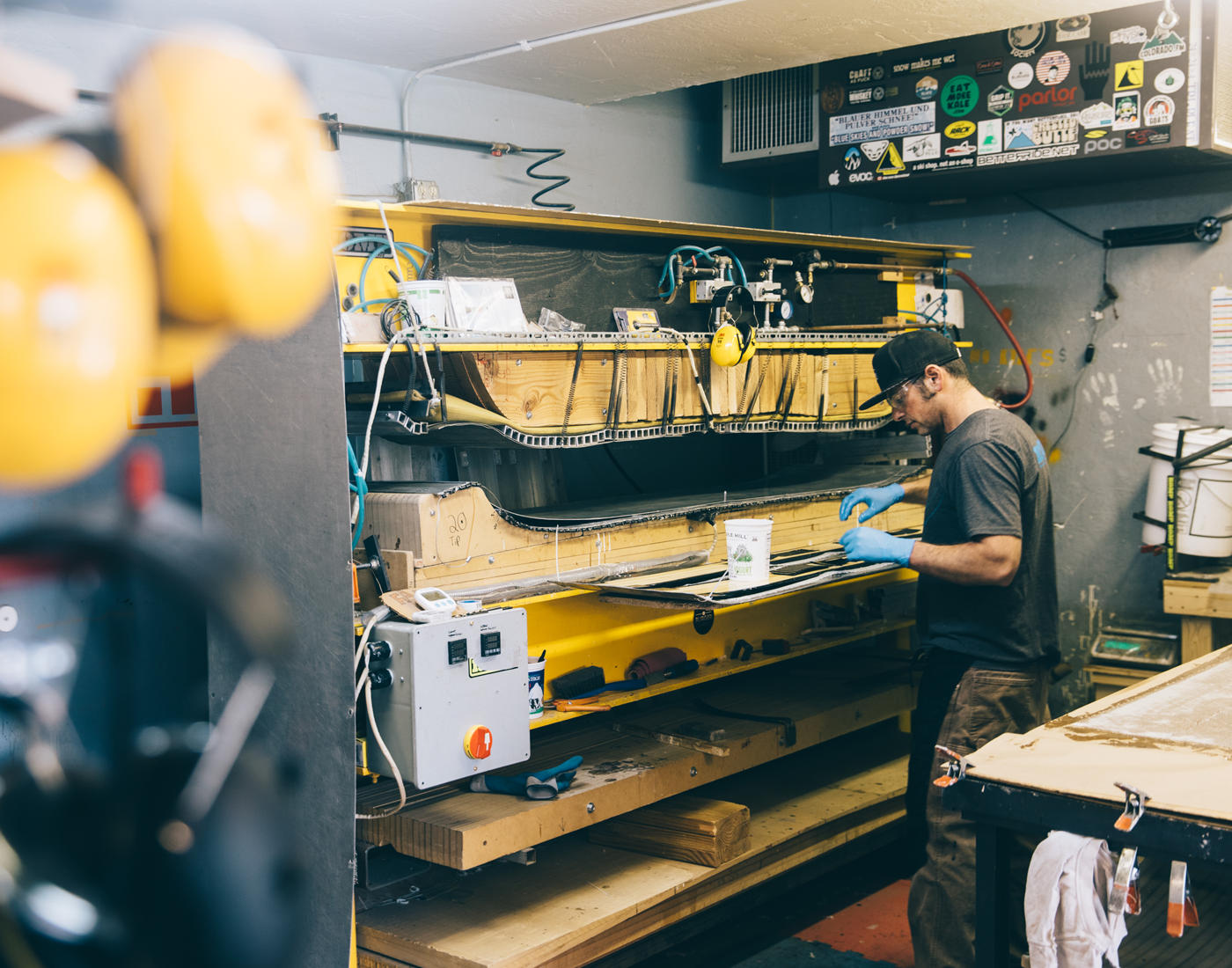
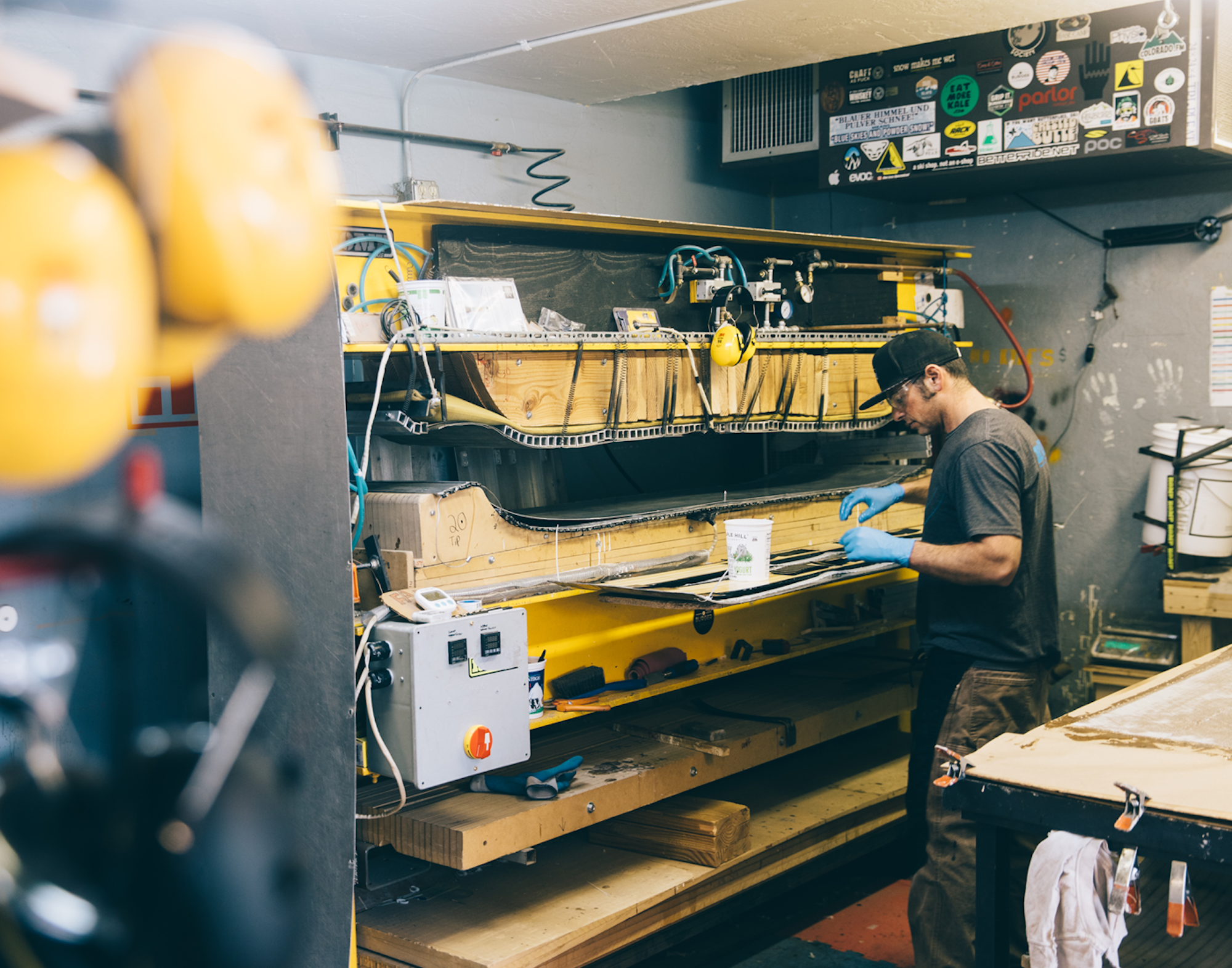
Based in Crested Butte, Colorado, Romp Skis makes custom planks just off Main Street.
While even most custom ski brands automate cookie cutter molds, each Romp ski is handcrafted to fit the specific needs of the customer. Romp typically takes hundreds of in-person and online orders over spring break, a notable part of its annual sales. Due to high foot traffic during this week, Romp typically runs daily demos at the mountain, introducing the brand to skiers visiting from across the country.
“We’re trying to stay positive. We were fortunate to get an exception to finish our current production run, but because we couldn’t open the storefront, sales were pretty limited. Yet, we’re grateful that it didn’t happen earlier, [say] over Christmas. That would have been a lot worse,” said Morgan Weinberg, acknowledging that safety is more important for the time being.
With just five full-time employees and a lean budget, the business is currently in limbo. Romp found its niche serving mountain town locals across Colorado, selling at a lower price point than competitors and standing by a no-hassle warranty. Most importantly, the company has built a reputation of quality product–skis that can stand up to the biggest terrain in Crested Butte will work pretty much anywhere.
“It’s hard for anyone to predict the future right now, including us. We hope to start back up mid-summer and hopefully things will return to normal next season, but who knows how big of an impact this will have long term and how fast it’ll rebound. Honestly, we’re not sure what comes next for us,” said Morgan.
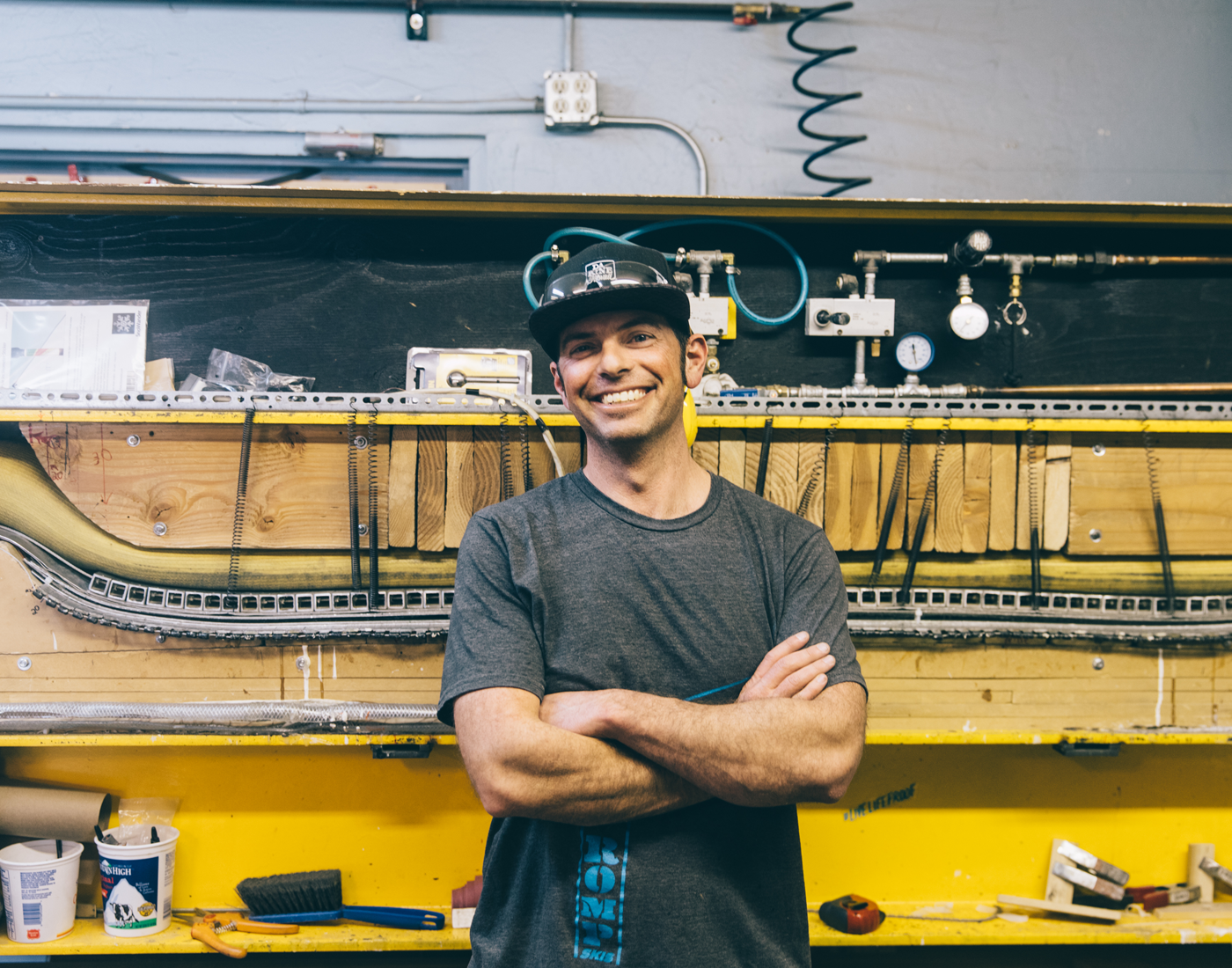
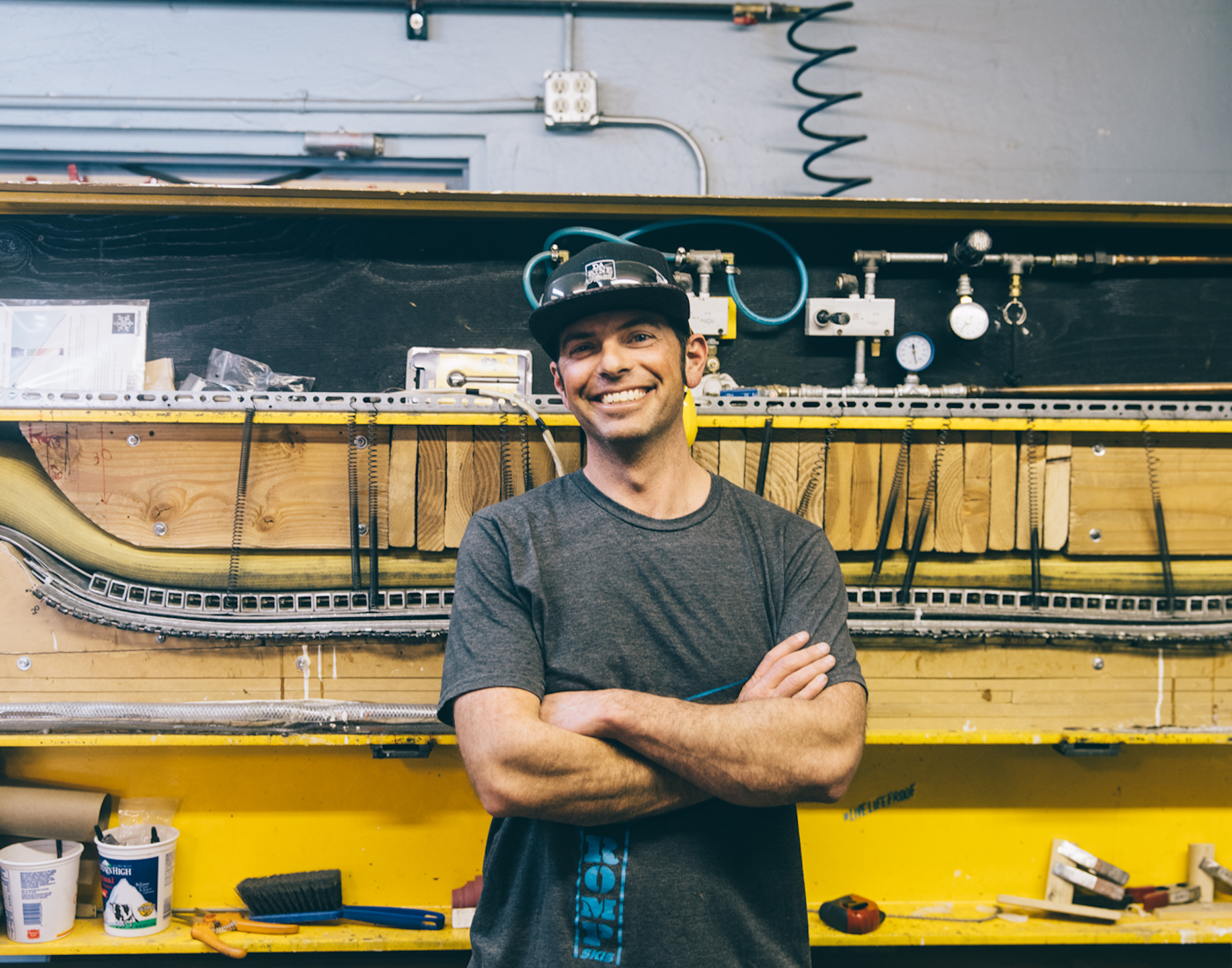
Despite a decade crafting thousands of skis by hand, Romp is relatively unknown in the industry. A handful of large brands hold an oligopoly over relationships with demo shops where the bulk of skis are sold. Instead of trying to scale rapidly, Romp chose to grow slowly with custom planks sold direct-to-consumer.
“Some of our affluent buyers–like those with second homes in Crested Butte–may not be as affected by the fallout, but the bulk of our customers will be. We love that our community includes ski bums that work paycheck to paycheck. These people are going to be hit pretty hard, which means we’re going to have to get creative, too,” said Morgan, when asked about diversifying and expanding into wholesale.
Wholesale and distribution pose a large challenge for a brand that’s built on personal relationships with customers. Romp designs skis for each customers’ needs, often talking with ski instructors and mountain guides that know the person before starting production. Its satisfaction guarantee offers customers that don’t like their skis a new pair at no extra cost, which is a selling point that likely wouldn’t be upheld by large retailers.
“The process starts with an interview on what type of skier you are, how well you ski steep terrain, powder, hardpack and crud. We’re trying to understand where you struggle so we can design a ski that helps you have more fun.” said Morgan. “It takes time to get the right info sometimes.”
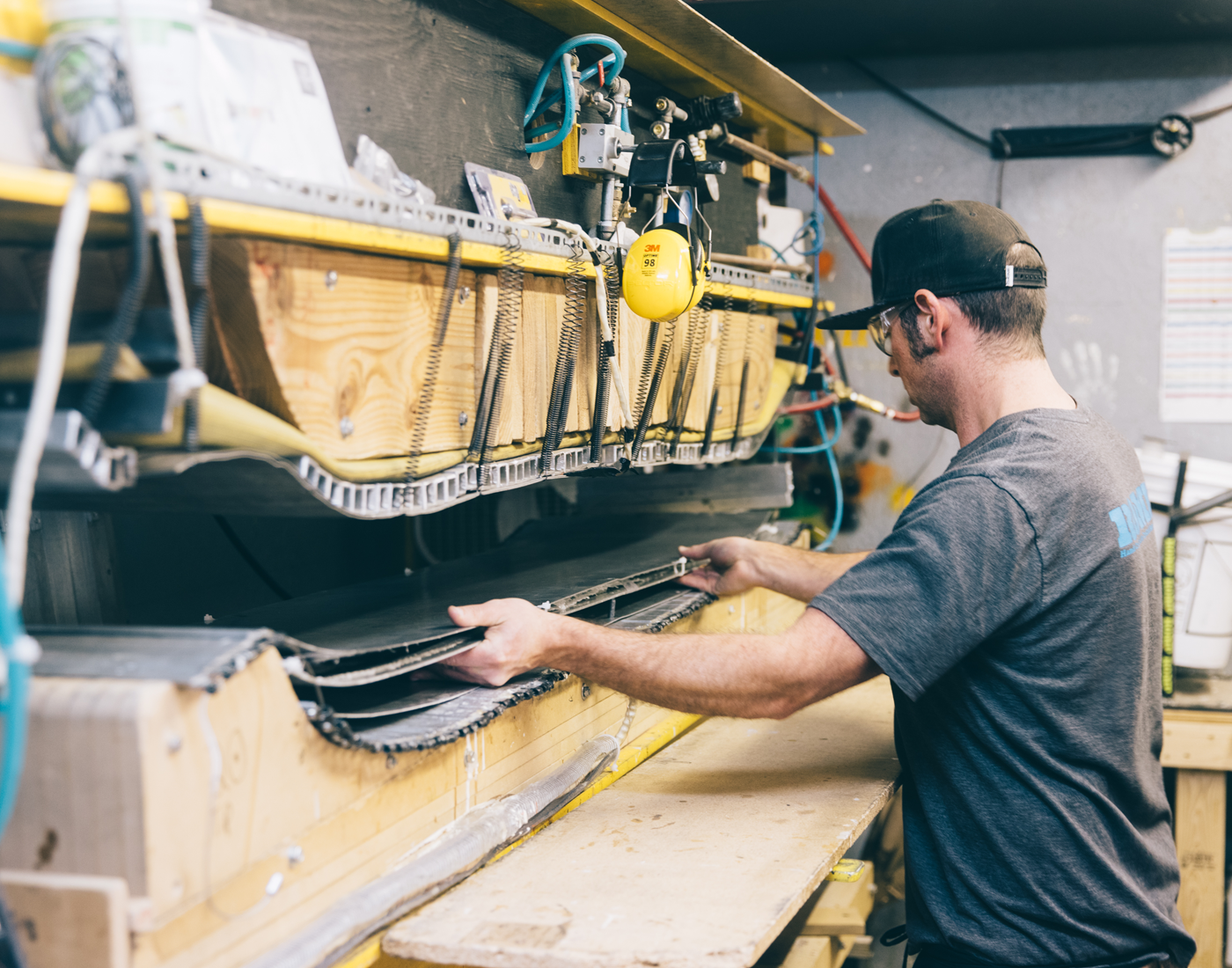
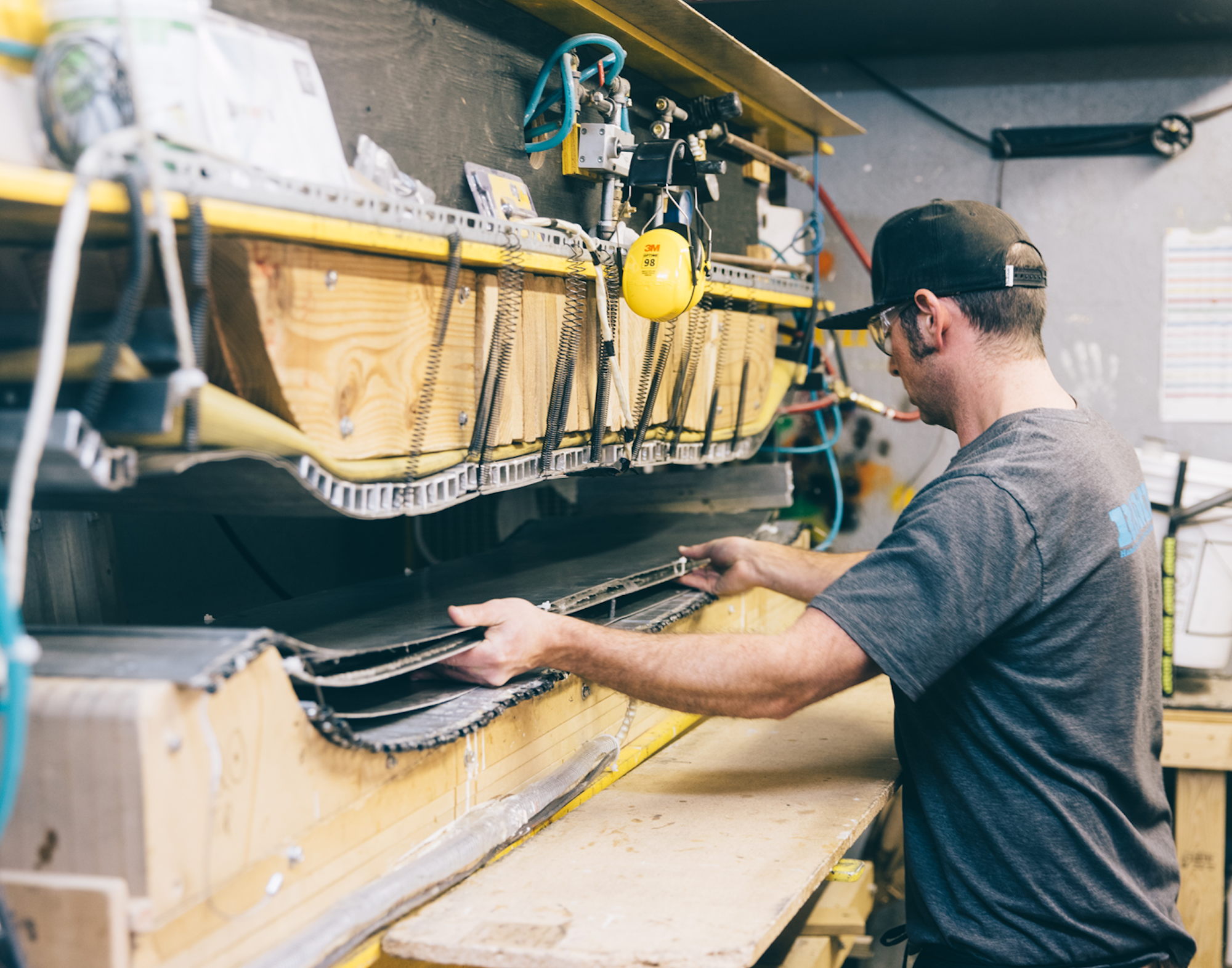
Placing materials into the press—custom skis comin’ right up!
Romp manufactures just three to six skis each day, a small fraction of what most brands produce. This varies on the complexity of each ski and variation between skis in the line up. Every ski is made under the same roof, a hybrid office-storeroom-factory, just a few blocks off Crested Butte’s main street. It’s like a sandwich shop, with more precision. You enter, assess the options, place your order and they make the skis just for you, often in less than a week.
“We’ve been making a popular core ski with fiberxglass reinforcement and polyethylene sidewalls for a decade now–it’s our bread and butter. Of course, we adjust the shape, length and layup for each ski. We also make a lightweight carbon ski with a countervail damper, for backcountry touring. Most of our skis take about a week [to make], sometimes two.”
Storefront space is extremely expensive in Crested Butte, but the Weinberg brothers never want to leave. Morgan openly admit they could probably save money by moving to Gunnison or somewhere else, but their goal is to make great skis that help people have fun, not scale as fast as possible.
“We love what we do. We don’t have a large marketing budget, a lot of opportunities to demo skis or many awards to our name, but when we see people having fun on our skis, it doesn’t really matter.”

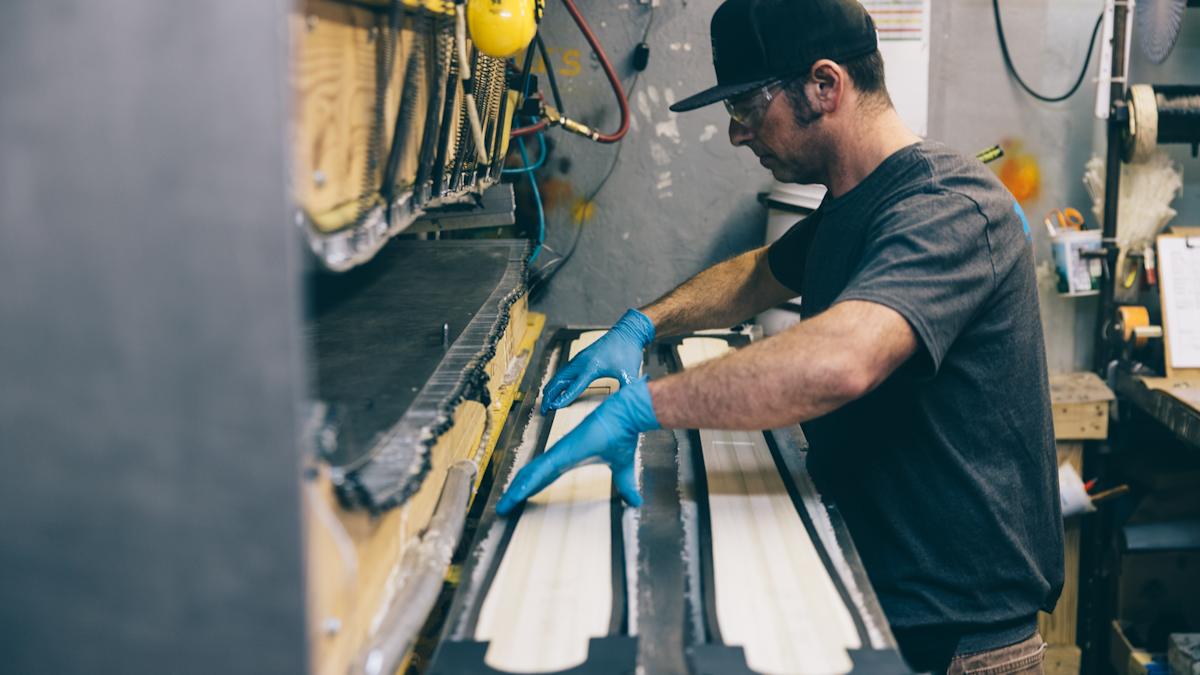
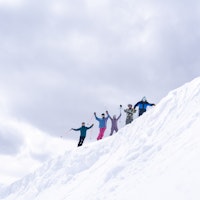
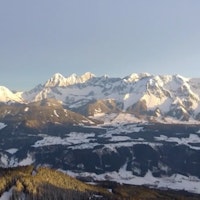
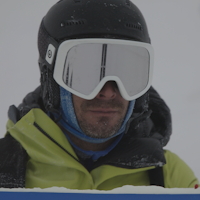
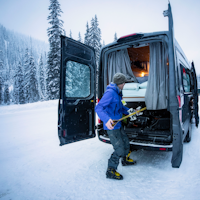
![[GIVEAWAY] Win a Legendary Ski Trip with Icelantic's Road to the Rocks](https://www.datocms-assets.com/163516/1765233064-r2r26_freeskier_leaderboard1.jpg?auto=format&w=400&h=300&fit=crop&crop=faces,entropy)
![[GIVEAWAY] Win a 4-Night Karma Campervan Rental and go Ski the Powder Highway](https://www.datocms-assets.com/163516/1767816935-copy-of-dji_0608-1.jpg?auto=format&w=400&h=300&fit=crop&crop=faces,entropy)
